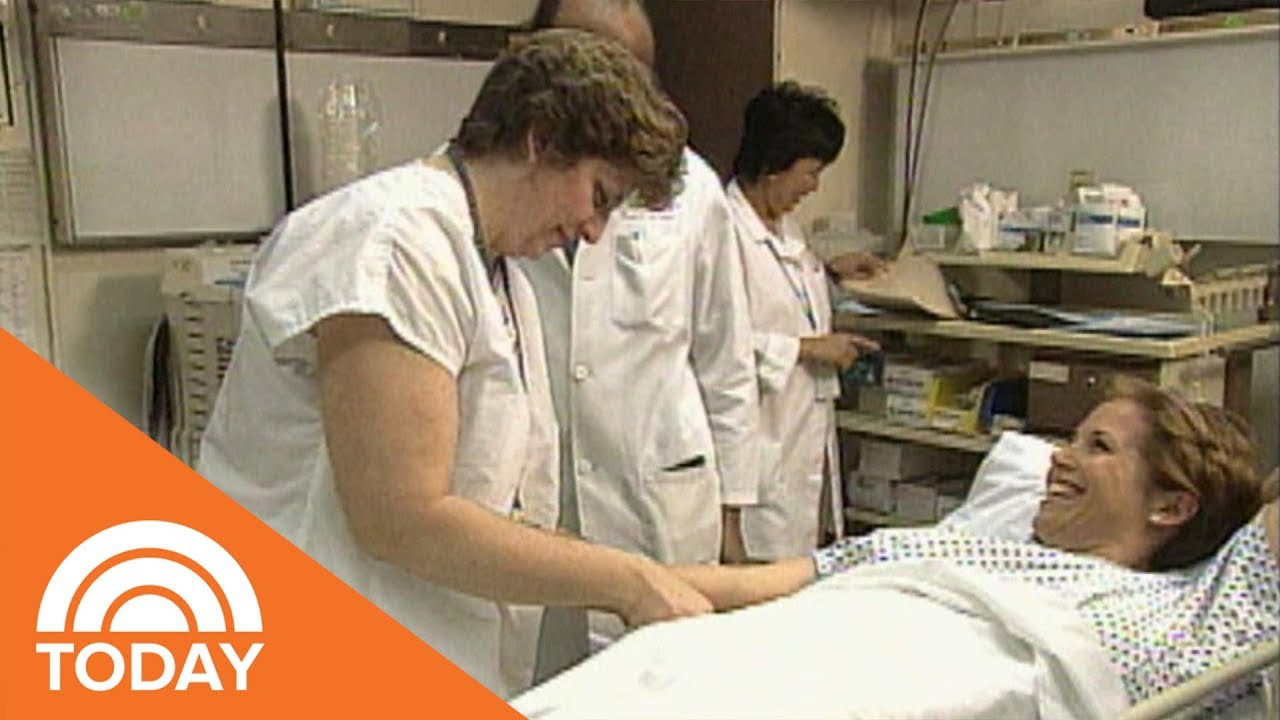Colon Cancer Comes Out of the (Water) Closet
Katie Couric’s on-air colonoscopy during NBC’s Today Show did more than tout a celebrity’s favorite cause: It saved lives. Previous efforts to harness Hollywood’s influence to make a social impact often fell flat. They usually got press and even raised money; but it was PCG’s launch of the Entertainment Industry Foundation’s (EIF) National Colorectal Cancer Research Alliance (NCCRA) that resulted in the “Couric Effect,” the first generation of viral campaigns to spark widespread consumer action. When Couric and cancer fundraiser Lilly Tartikoff both lost their husbands to colorectal cancer it was the second-leading cancer killer in the U.S. Despite being highly preventable with regular screening and very treatable when detected early, people weren’t getting screened because they were embarrassed to talk about the disease.
PCG enlisted celebrities personally affected by colorectal cancer to tell their stories, engaged corporations to generate $10 million to support the research of leading medical experts, and partnered with the National Association of Chain Drug stores to generate consumer contributions.
THE RESULTS:
- Colorectal Cancer screening rates increased by 20 percent following Katie Couric’s on-air colonoscopy (University of Michigan – July 14, 2003).
- A genetic link to colorectal cancer was discovered.
- Technology advanced to create a less-invasive screening test – the DNA-based stool test.
